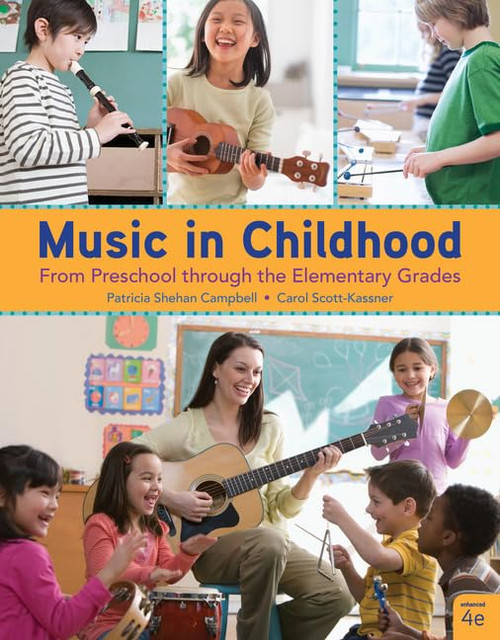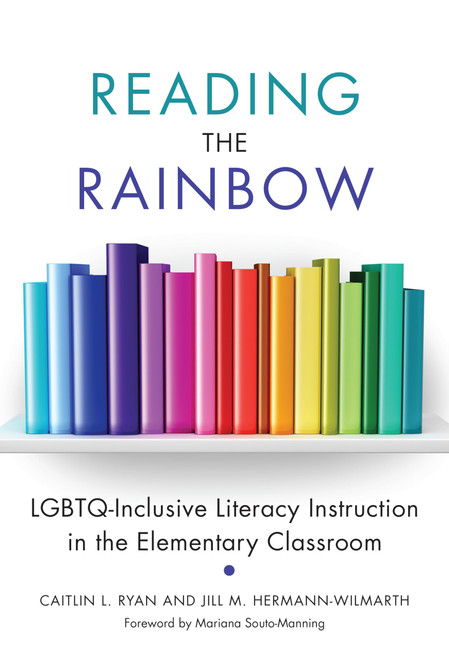The unique focus of this book integrates constructivist learning, diversity, and instruction-based assessment, and helps translate principles into practice.
Unlike any other book on the market, this book integrates a constructivist/emergent literacy perspective with science-based instructional practices that have proved successful in supporting childrens reading, writing, and speaking development.
This Third Edition begins with a brief overview of the recent key national policies and initiatives that have had a significant impact on the teaching of reading and writing at the preschool and elementary levels. Respected authors Jim Christie, Billie Enz, and Carol Vukelich describe a continuum of approaches to reading instruction, ranging from emergent literacy to Science-Based Reading Research. Unique to this book is the authors vision of a blended approach to teaching literacy that includes the best elements of diverging views and ends with a set of principles that guide the authors view of the effective teaching of literacy in preschool and elementary classrooms.
At the preschool and kindergarten levels, the authors advocate a combination of meaningful engagements with print and age-appropriate instruction on core literacy skills. At the elementary grade level, the authors support a balanced approach to reading instruction that focuses on both decoding and comprehension. The writing workshop is the authors preferred mode of elementary-grade writing instruction. The book also has extensive coverage of working with children from diverse background, family literacy, and assessment strategies that can be used to inform instruction. The Third Edition has a strong emphasis on scientifically-based reading research (SBRR)throughout, blending SBRR with other perspectives to create a value added approach to language and literacy teaching and learning.










